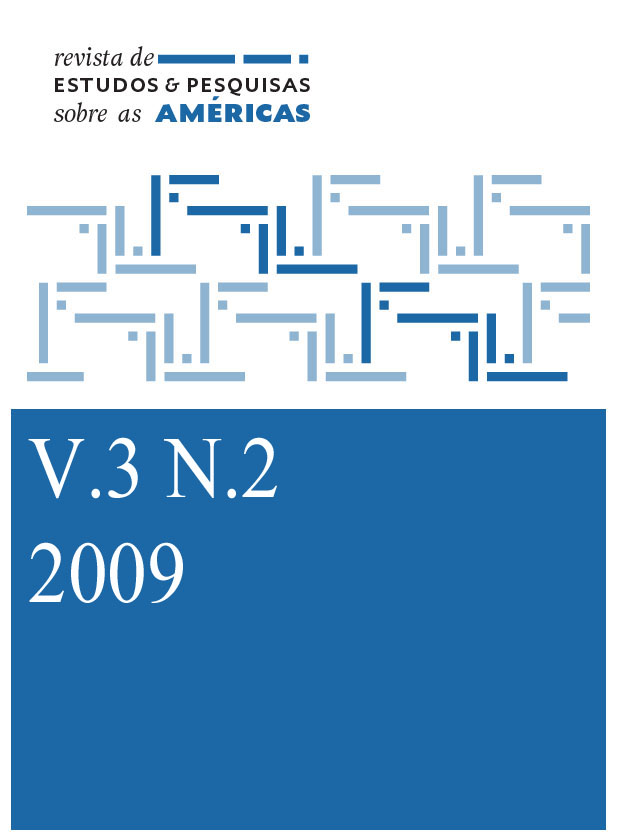Movimento Zapatista: entre a política das armas e as armas da política
Abstract
Esse artigo busca explorar as tensões entre legalidade e ilegalidade, aceitação e repressão dos movimentos sociais pelo Estado, a partir da análise da trajetória do zapatismo em suas relações com os representantes do governo mexicano, do sistema político e da sociedade civil. Utilizaremos a noção de política cultural dos movimentos sociais para pensar a atuação do movimento na sociedade civil; em seguida empregaremos a noção habermasiana de esfera pública em oposição ao Estado e ao Mercado, analisando os escritos do líder do EZLN sobre a esquerda institucional (partidária) e a disputa eleitoral e a sua delimitação em oposição ao sistema político. Em seguida faremos um breve levantamento da política de repressão oficial e paramilitar contra as comunidades indígenas e a militância zapatista e, por fim, terminamos por problematizar os limites da autonomia zapatista. Como complemento à noção de política cultural do movimento social, e crítica à normatividade da esfera pública habermasiana, defendemos um resgate da dimensão histórica e geográfica do poder do Estado e do Mercado, evidenciada pela repressão cirúrgica contra a autonomia política das comunidades zapatistas.
Downloads
Downloads
Published
How to Cite
Issue
Section
License
The published material is the property of the Journal, and may be reproduced in whole or in part with indication of the source.
Copyright: Authors will be responsible for obtaining the copyright of the material used. Authors who publish in this journal agree to the following terms:
a)Authors retain the copyright and grant the journal the right of first publication, with the work simultaneously licensed under
the Creative Commons Attribution License which allows the sharing of work with acknowledgment of authorship and initial publication in this journal.
b) Authors are authorized to take additional contracts separately, for non-exclusive distribution of the version of the work published in this journal (eg, publish in institutional repository or as a book chapter), with acknowledgment of authorship and initial publication in this journal.
c) Authors are allowed and encouraged to publish and distribute their work online (eg in institutional repositories or on their personal page) at any point before or during the editorial process, as this can generate productive changes as well as increase the impact and the citation of the published work (See The Effect of Free Access).
















